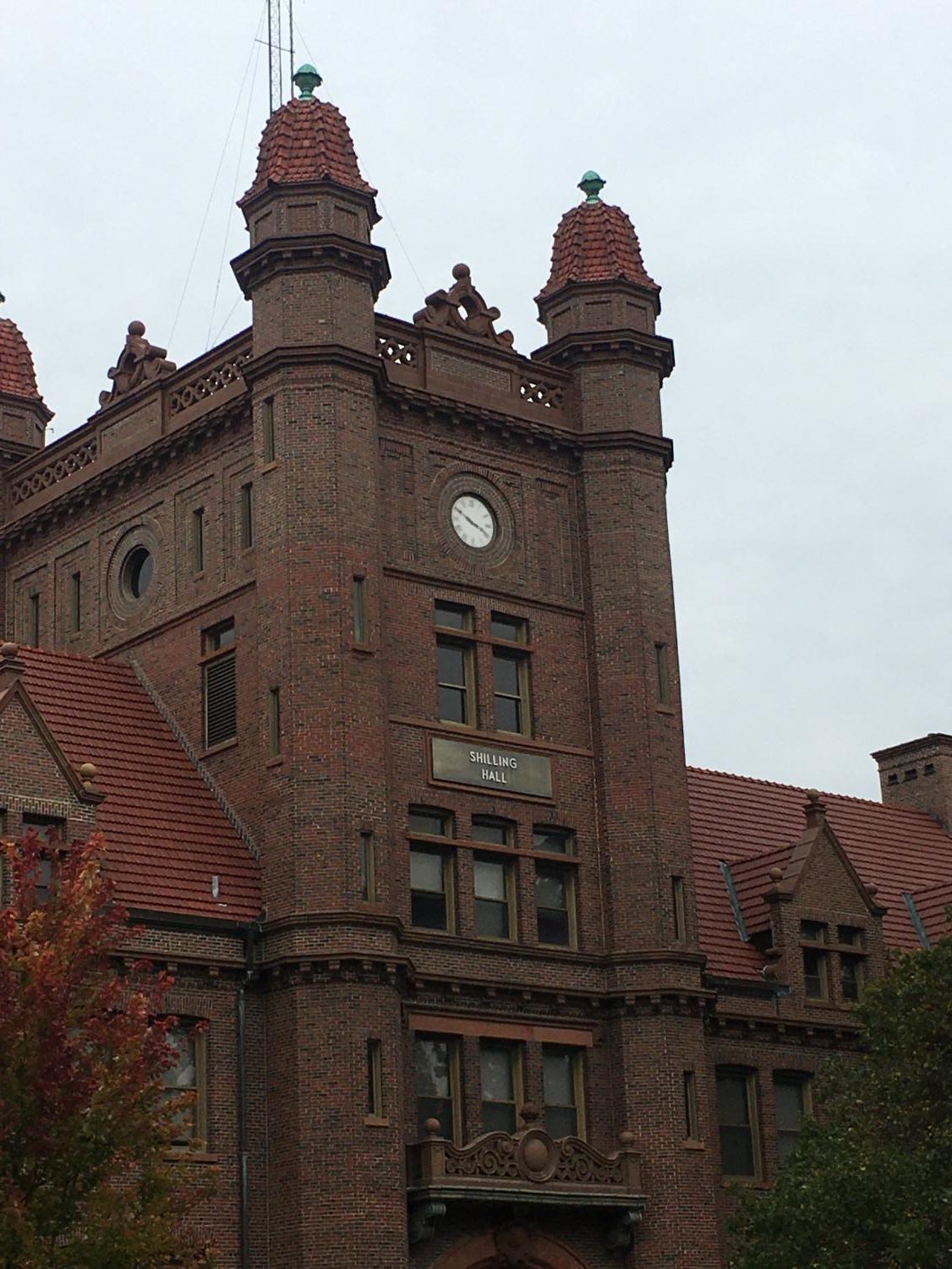Millikin Prepares for COVID-19
March 12, 2020
The coronavirus, or COVID-19, has sparked global panic. Millikin plans to resume classes on Monday, March 16 but is taking several measures to prevent the spread of the virus.
“The first rule is, what do we do that best assures the health, safety and wellbeing of our students and other members of the university community?” Provost Jeffery Aper said. “So we don’t want to panic because there’s no reason for that, and we don’t want to make a precipitous decision and say, oh forget it, we’re going to pull the plug on everything. But we just need to see how this evolves.”
SARS-CoV-2 is a new coronavirus. It causes COVID-19, a respiratory disease with flu-like symptoms. This virus was first identified in China last year. According to the Centers for Disease Control (CDC), it has since spread to over 100 locations, including Illinois and surrounding states.
COVID-19 is not serious in most cases. But older and immunocompromised people are at a higher risk for developing more severe symptoms.
“I wouldn’t let fear drive you to rash decisions, but you definitely want to be aware of what’s going on,” Chris Ballard, the director of Public Safety, said. “Wash your hands, maintain social distance. If you get sick, stay home. I mean, that is what ends it. That’s what stops all of it.”
Ballard recently sent an email to Millikin students reminding them to take care of themselves and avoid panic. This email is the result of several faculty meetings. Colleges and universities across the country have closed because of the virus, and faculty members have been working together to create a plan in case the disease spreads to Millikin. They want to avoid academic interruption as much as possible.
Millikin President Patrick White also sent an email making several announcements.
University residential facilities including dorms and Greek Housing, though they will remain operational, will only be open to residents of those buildings. Residential staff, according to White’s email, will be trained to recognize symptoms of COVID-19. All students showing signs of the virus will be “asked to leave campus.”
Millikin has urged faculty members to move as much online instruction online as possible. People should also keep group meetings under 30 people. All meetings larger than that must be approved by Student Affairs. This will affect everything from student organization meetings to commencement.
“At this point, we hope to be able to host Commencement exercises, but a final decision will be made at a later date,” White said in the mass email.
“It’s something that we’ll figure out as we go along even if things become significantly worse,” Aper said. “The university is going to do everything we can…to maintain the continuity of our operations even if we end up sending students home. Even in a case like that, we will do everything we can to help students stay on track to earn their credits that they’re working toward, to move forward in earning their degrees. We’ll carry on.”
Aper recently sent a memo to faculty detailing how daily operations could continue even if Millikin closes. This memo explains how professors and students can use online methods to facilitate learning and complete credit hours.
However, Aper encourages people not to panic. Both Aper and Ballard remember pandemics that they have survived before, and they are hopeful that the spread of COVID-19 will settle soon. They point to these pandemics, as well as yearly statistics of flu-related deaths, as context.
Student Audrey Button remembers similar outbreaks in the past, and she compares the current situation to other major viruses.
“I think it’s just kind of another swine flu kind of thing where everybody’s making a really big deal about it, but it’s not that big of a deal,” Button said. “I just think it’s a big media scare.”
Button encourages people to take care of their health. Most students are taking extra precautions to avoid illness.
“I always wash my hands when I get the opportunity, and I’m always carrying a hand sanitizer in my bag,” Abigail Bem, a Millikin student, said. “I think [Millikin] has done a great job by sending messages – emails – to tell people not to be scared. So I think I’m okay with that. That’s good to ease people’s nervousness.”
Other students aren’t panicked, but they acknowledge the anxiety surrounding COVID-19.
“I’m not super worried about it right now,” Millikin student Lucas Chatterton said. “But I have friends who are really worried about it…I don’t want to panic about it, but it’s definitely something that I’ve been thinking about a lot more recently.”
As the virus spreads, people are encouraged to monitor themselves for symptoms and seek medical care if they think they might be ill. Some basic preventative measures include washing your hands for at least 20 seconds, using hand sanitizer with at least 60% alcohol content, and avoiding touching your face.
Most professionals agree that caution is good, but panic is unnecessary. Cases are currently declining in China, prompting optimism amid fear.
“This isn’t going to stop us,” Aper said. “There might be an interruption in some things and it may be inconvenient and some people may get quite ill. But in the big picture, I think that everybody can be confident that as a community, we’ll work together to make sure that we come out of this in a good spot.”
